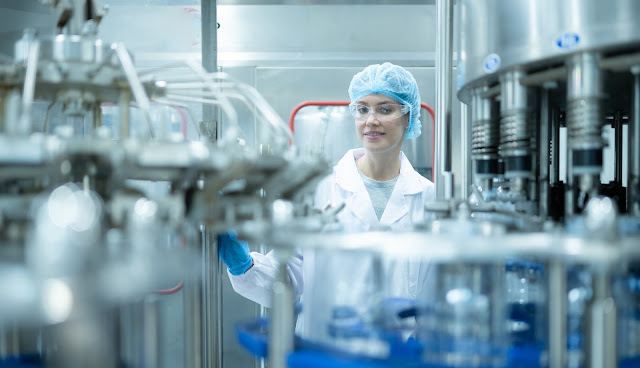Understanding the Process: How to Obtain a Loan License for Drug Manufacturing in India
The pharmaceutical industry in India is one of the largest and most dynamic sectors, contributing significantly to the global supply of medicines. For businesses and entrepreneurs looking to enter this competitive market, obtaining a loan license for drug manufacturing is a viable pathway. A loan license allows a pharmaceutical company to manufacture products at another facility without having to own or operate the manufacturing plant itself. This is particularly advantageous for companies focusing on research, development, and marketing while outsourcing production.
In this blog, we’ll walk you through the process of obtaining a loan license for drug manufacturing in India, focusing on key steps, requirements, and considerations.
What is a Loan License?
A loan license is issued by the Drug Control Authority in India, allowing a company to manufacture pharmaceutical products at the facilities of another licensed manufacturer. The company holding the loan license is responsible for ensuring that the manufacturing process adheres to the required standards and regulations, even though it does not directly own the manufacturing unit.
Why Opt for a Loan License?
Opting for a loan license offers several benefits:
Cost-Effectiveness: It reduces the need for significant capital investment in setting up manufacturing facilities.
Flexibility: It allows companies to focus on core competencies such as R&D, marketing, and distribution.
Scalability: Companies can quickly scale up production by leveraging existing manufacturing facilities.
Steps to Obtain a Loan License for Drug Manufacturing
1. Identify a Licensed Manufacturer
The first step is to identify a licensed pharmaceutical manufacturer with a facility that meets the required standards for drug production. For companies based in or near Uttarakhand, partnering with well-established pharmaceutical manufacturers in Dehradun, such as Supermax Laboratories, can be a strategic move. Supermax Laboratories is known for its state-of-the-art facilities and adherence to stringent quality standards, making it an ideal partner for loan license manufacturing.
2. Prepare the Required Documentation
To apply for a loan license, you will need to prepare and submit a comprehensive set of documents. These typically include:
Application Form: Form 24 and Form 27 are commonly used for applying for a loan license in India.
Agreement Copy: A copy of the agreement between the loan licensee (your company) and the manufacturing license holder (the manufacturing facility) is required.
Manufacturing Site Details: Detailed information about the manufacturing site, including infrastructure, equipment, and quality control measures.
Product List: A list of pharmaceutical products intended for manufacturing under the loan license.
Compliance Certificates: Certificates confirming that the manufacturing facility complies with Good Manufacturing Practices (GMP) and other relevant regulations.
3. Submit the Application to the Drug Control Authority
Once your documentation is ready, the next step is to apply to the Drug Control Authority in the state where the manufacturing facility is located. The authority will review the application, inspect the manufacturing facility if necessary, and verify compliance with all regulatory requirements.
4. Facility Inspection and Approval
The Drug Control Authority may conduct an inspection of the manufacturing facility to ensure it meets all necessary standards. During this inspection, they will assess the equipment, processes, and quality control measures in place. If the facility passes the inspection, the loan license will be granted.
5. Commence Manufacturing
After obtaining the loan license, your company can begin manufacturing pharmaceutical products at the licensed facility. It is essential to maintain ongoing compliance with all regulatory requirements, including regular audits and inspections, to ensure the continued validity of the loan license.
Key Considerations and Challenges
While obtaining a loan license for drug manufacturing offers numerous advantages, it is important to be aware of potential challenges:
Regulatory Compliance: Ensuring that both your company and the manufacturing facility remain compliant with all relevant regulations is critical.
Quality Control: As the loan licensee, you are responsible for the quality of the products manufactured under the loan license, even though you do not directly control the manufacturing process.
Market Competition: The pharmaceutical market in India is highly competitive, so having a clear strategy for product differentiation and market entry is essential.
Conclusion
Obtaining a loan license for drug manufacturing in India is a strategic option for companies looking to enter the pharmaceutical industry without the significant capital expenditure associated with setting up their manufacturing facilities. By partnering with reputable pharmaceutical manufacturers in Dehradun, such as Supermax Laboratories, businesses can leverage existing infrastructure while focusing on other critical aspects of their operations.
The process of obtaining a loan license requires careful planning, thorough documentation, and strict adherence to regulatory standards. However, with the right approach, a loan license can provide a cost-effective and flexible pathway to success in India’s thriving pharmaceutical sector.





Comments
Post a Comment